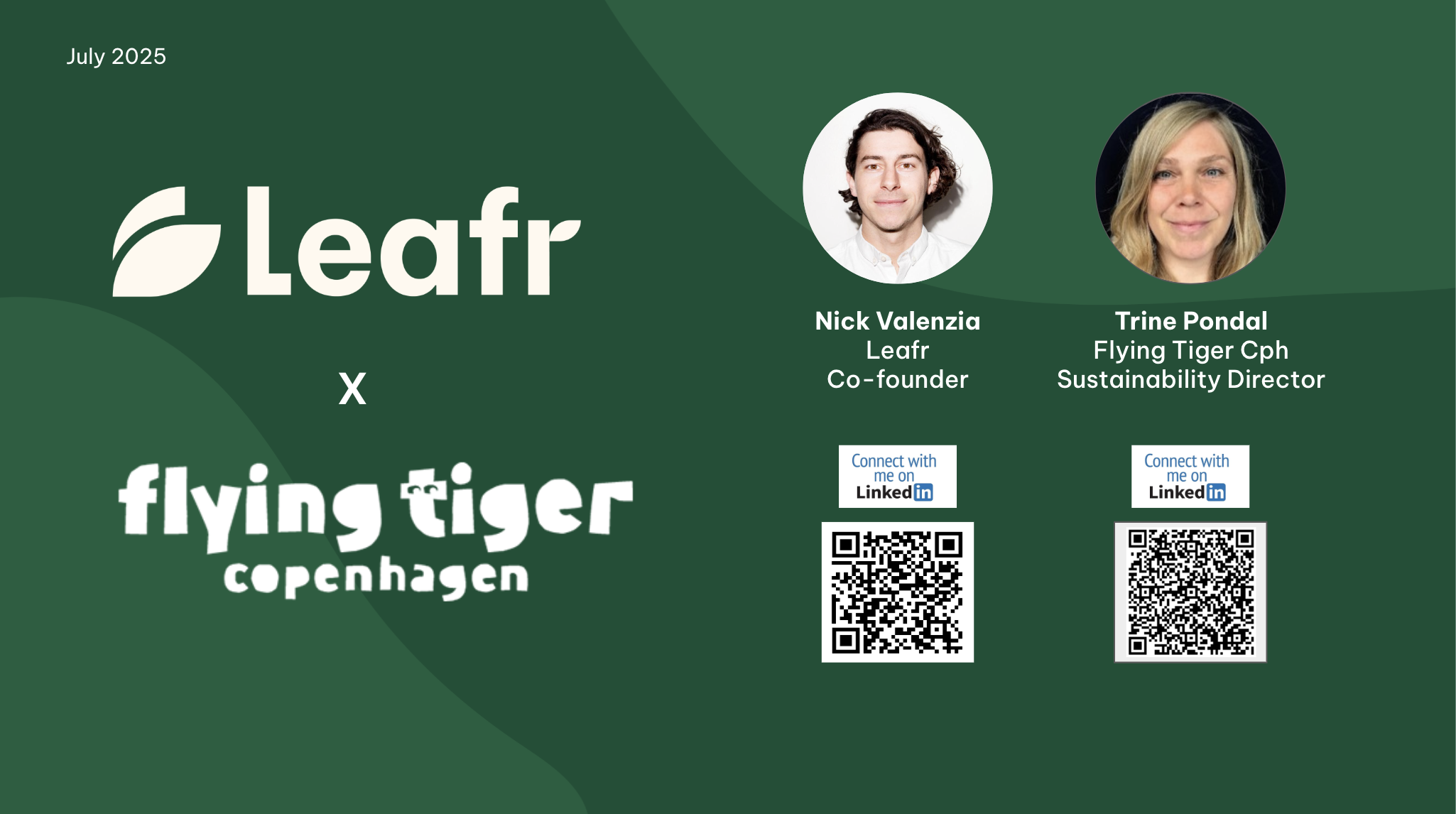The Sustainability Skills Gap and Companies Solving It
Izzy Vahdati's article on Leafr discusses Europe's sustainability skills gap, driven by limited skills, rising demand, matching inefficiencies, and sustainable living expectations. EdTech solutions like Greenworkx are highlighted.


In this three-part guest article by Izzy Vahdati from Brighteye Ventures, we explore the prevalent sustainability skills gap in Europe. We delve into the current landscape, key players, existing gaps, and upcoming opportunities in this space. As part of our mission, we are pleased to have contributed to this report, focusing on addressing this skills gap by building a rich talent pool of sustainability professionals and making effective use of data to enhance their skills. If you wish to download the full report, do not hesitate to click here.
What Drives the Skills Gap?
The skills gap in sustainability can be attributed to four significant drivers:
Driver 1. Lack of Employees with Sustainability Skills
Traditionally, sustainability roles were siloed within business units focused on voluntary corporate social responsibility reporting, leading to a limited demand for sustainability skills. However, with sustainability becoming a crucial business issue, these skills are now required across all business functions. Furthermore, a general lack of awareness about the variety of roles within the sustainability field, the skills these roles require, and how to access such opportunities have made sustainability skills training less attractive.
Driver 2. Massive Increase in Demand for Sustainability Skills
LinkedIn reports that job postings requiring green skills grew by 15.2% between February 2022 and February 2023, indicating a robust and growing demand for these skills. The demand primarily comes from firms contributing directly to sustainable development and those intending to showcase and enhance their sustainability progress.
Driver 3. Inefficiencies in the Matching System
There's a glaring lack of transparent data from employers on the specific skill shortages, and from employees about the types of available roles and required skills. This creates inefficiencies in the matching system. EdTech platforms can play an essential role in this regard, improving the matching process and augmenting awareness about the current and future skills gaps. This understanding would enable more targeted skills training.
Driver 4. A Growing Desire for Sustainable Living and Working Conditions
An IBM survey in 2022 revealed that employees increasingly prefer to work for environmentally sustainable companies. Similarly, consumers are keenly interested in adopting a more sustainable lifestyle. This shift in preference is pushing organizations to improve their sustainability rankings to attract the best talents.





















